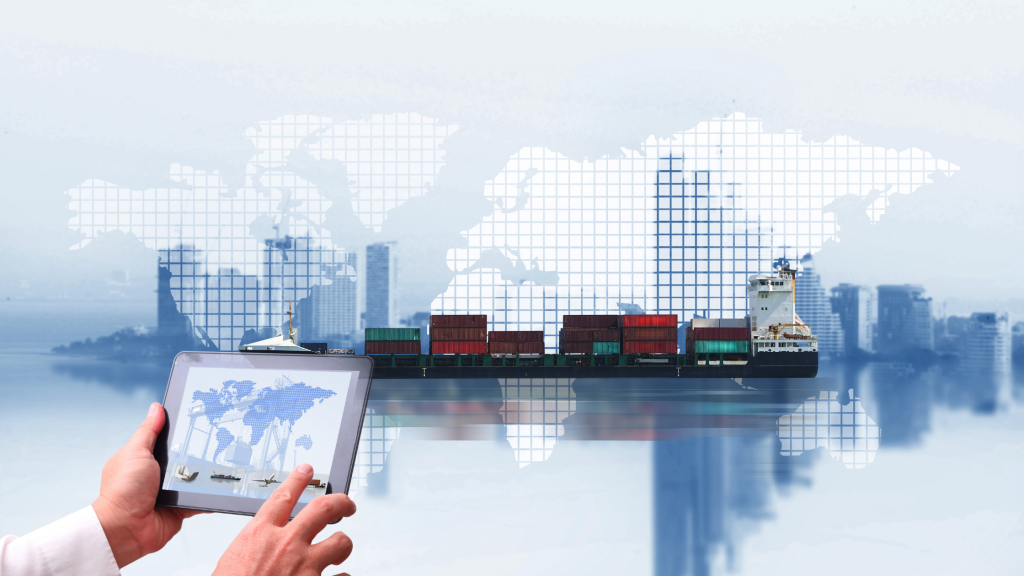
Are you thinking of importing products from China or another Asian country and you’ve been told that you need an EORI number?
The EORI (Economic Operator Registration and Identification Number) is a unique code used throughout the European Union and is essential when carrying out international trade operations with other countries (whether or not they are imports or exports and whether or not they are within the EU) for both international purchases and sales!
The EORI is like an ID number of international trade. For that reason, when your business goes through Customs, you need to be able to provide the EORI to the relevant authorities.
The obligation to have the EORI code has been in force since July 2009, as stated in the European Commission Regulation (EC) No. 312/2009.
If you are importing or exporting you must apply for this code in the country where you will carry out your first international transaction, which in most cases coincides with the country of origin.
Regardless of whether you are using a ship or plane to transport your goods, you must be in possession of the EORI.
VIES and EORI, are related but different concepts.
Among the doubts that arise about the EORI, one of the most common is whether this code is the same as the VIES and whether it is necessary to have both.
The answer is no; they are not the same.
The VIES is an information exchange system related to VAT (value-added tax) between European Union member countries.
Its acronym corresponds to the English acronym of “VAT Information Exchange System” and, in fact, it is a census that a company (or professional) complies with the legislation to operate within the EU among other things, to be exempt from paying VAT in its intra-Community transactions.
Checking whether a trader is registered in the VIES is very easy, as several websites allow you to find out in a matter of seconds. However, the VIES system data is not updated in real-time, so if you were about to negotiate with a new operator who is not included in this census, the best thing to do is to contact them and inform them of the situation, since it is possible that their information is not yet up to date.
If the verification gives a negative result, you must take into account that the invoices that have been exchanged with this company must be made up with VAT since not being registered as an economic agent makes it exempt from VAT payment.
Don’t let importing become a headache!
As sourcing experts, https://s3uk.com we often see how companies that decide to import for the first time have certain problems.
Although experience is key, foreign trade is not easy, especially at the beginning, and acronyms and theoretical concepts (many of which we have talked about in this blog), can make the experience of buying and selling a headache.
Some companies decide to start importing products and, in some cases, problems arrive in the final stages, such as transportation or customs.
Setbacks can occur, for example not having the EORI or taking into account the border taxes that need to be paid.
These problems can be solved but anything that causes a delay in the import process can lead to a loss of time and money.
Hiring a company that specialises in sourcing is usually the best option as not only do they have the expertise but also give the client the flexibility to choose the stages of the import process they need help with.
If you would like to discuss how we can help you with this process and ensure that your international transactions are successful please get in touch.